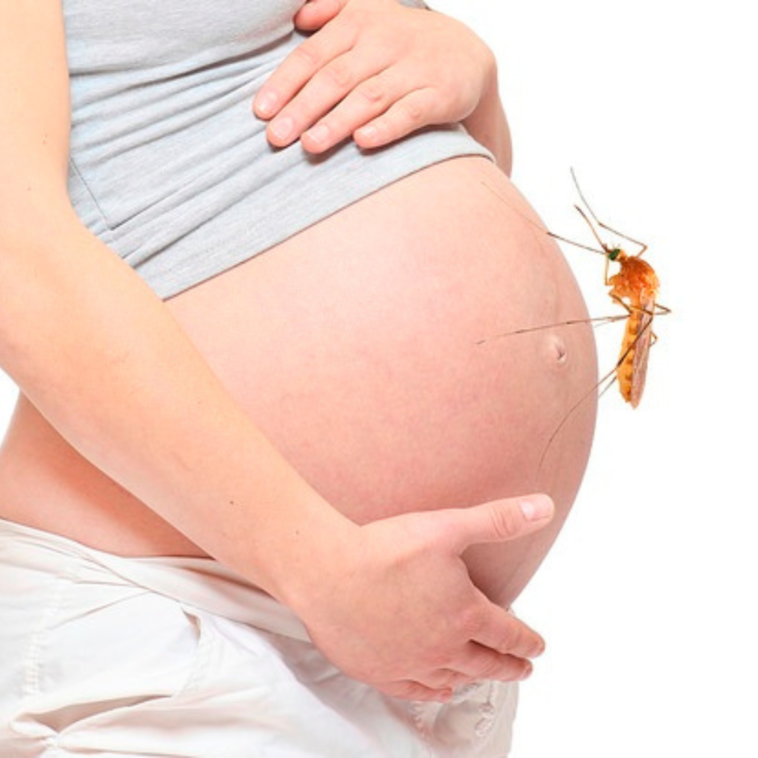Dengue fever, a mosquito-borne viral infection, poses significant health risks, especially for pregnant women and their unborn children. This article delves into the complexities of dengue during pregnancy, exploring its effects, potential complications, and the critical measures necessary to ensure the safety of both mother and baby.
Understanding Dengue Fever and Pregnancy
Dengue fever is caused by the dengue virus, transmitted by Aedes mosquitoes. While the illness typically manifests as a severe flu-like syndrome, its implications can be far more severe for expectant mothers. Pregnancy brings about physiological changes that can exacerbate the symptoms and complications associated with dengue fever.
The immune system undergoes modifications to support fetal development, making pregnant women more susceptible to infections. As a result, dengue fever can lead to severe maternal complications, including hemorrhage, preterm labor, and in some cases, death. The physiological stress from the infection can strain the mother’s body, leading to significant health risks.
Risks to Maternal Health
During pregnancy, the immune system is naturally altered to prevent the body from rejecting the fetus, which can make pregnant women more vulnerable to severe infections. Dengue fever can exacerbate these vulnerabilities, leading to severe complications such as hemorrhage, which can occur due to the virus’s impact on blood clotting mechanisms.
This increased risk of hemorrhage is particularly concerning during the perinatal period, where symptomatic dengue and maternal hemorrhage can complicate pregnancy management. Hemorrhagic complications can be life-threatening, necessitating immediate medical intervention to manage blood loss and prevent further complications.
Increased Risk of Hemorrhage
The perinatal period, encompassing the weeks before and after childbirth, is critical for both mother and baby. During this time, the risk of symptomatic dengue and maternal hemorrhage increases significantly. Hemorrhagic complications can be life-threatening, requiring immediate medical intervention to manage blood loss and prevent further complications.
The physiological stress and changes caused by the infection can strain the mother’s body, making it essential to monitor for any signs of bleeding or other complications. Timely and appropriate medical care is crucial to manage these risks effectively.
Impact on Fetal Development
Vertical transmission of the dengue virus from mother to child is a major concern. The virus can cross the placental barrier, potentially affecting fetal development. One of the most significant impacts of maternal dengue infection is on the birth weight of the newborn. Studies have indicated that dengue fever during pregnancy can lead to low birth weight in newborns.
The physiological changes and stress induced by the infection can impair fetal growth, leading to low birth weight, which is associated with various health challenges for the newborn, including increased vulnerability to infections and developmental delays. These risks underscore the importance of monitoring and managing dengue fever in pregnant women to protect both maternal and fetal health.
Expert Recommendations for Prevention and Care
Dr. Manisha Arora, Director of Internal Medicine at CK Birla Hospital in Delhi, emphasizes the importance of proactive healthcare management for pregnant women at risk of dengue fever. Here are some key recommendations:
Regular Monitoring
Frequent medical check-ups are crucial for early detection and management of dengue fever during pregnancy. Regular monitoring helps in identifying any signs of complications early, allowing for timely intervention.
Healthcare providers should conduct regular assessments to monitor the health of both mother and baby, ensuring that any signs of infection are promptly addressed.
Preventive Measures
Preventing mosquito bites is the first line of defense against dengue fever. Pregnant women should use mosquito repellents, wear long-sleeved clothing, and ensure that their living environments are free of mosquito breeding sites .
Installing mosquito nets and using insecticides can further reduce the risk of mosquito bites. Additionally, community-level efforts to control mosquito populations and eliminate breeding sites are essential to prevent the spread of dengue fever.
Prompt Medical Care
At the onset of any dengue-like symptoms, pregnant women should seek immediate medical attention. Early diagnosis and treatment are essential to mitigate the risks associated with the infection.
Healthcare providers can offer supportive care to manage symptoms and monitor the health of both mother and baby. Prompt medical care can prevent complications and ensure that both maternal and fetal health are protected.
Conclusion
Dengue fever during pregnancy presents a range of challenges that require vigilant healthcare management. Understanding the risks and implementing preventive measures can significantly reduce the potential complications for both mother and child.
Through proactive care and timely medical intervention, the adverse impacts of dengue fever on pregnancy can be effectively managed.
By addressing the complexities of dengue fever during pregnancy, this article aims to provide valuable insights and practical advice for expectant mothers and healthcare providers alike.




GIPHY App Key not set. Please check settings